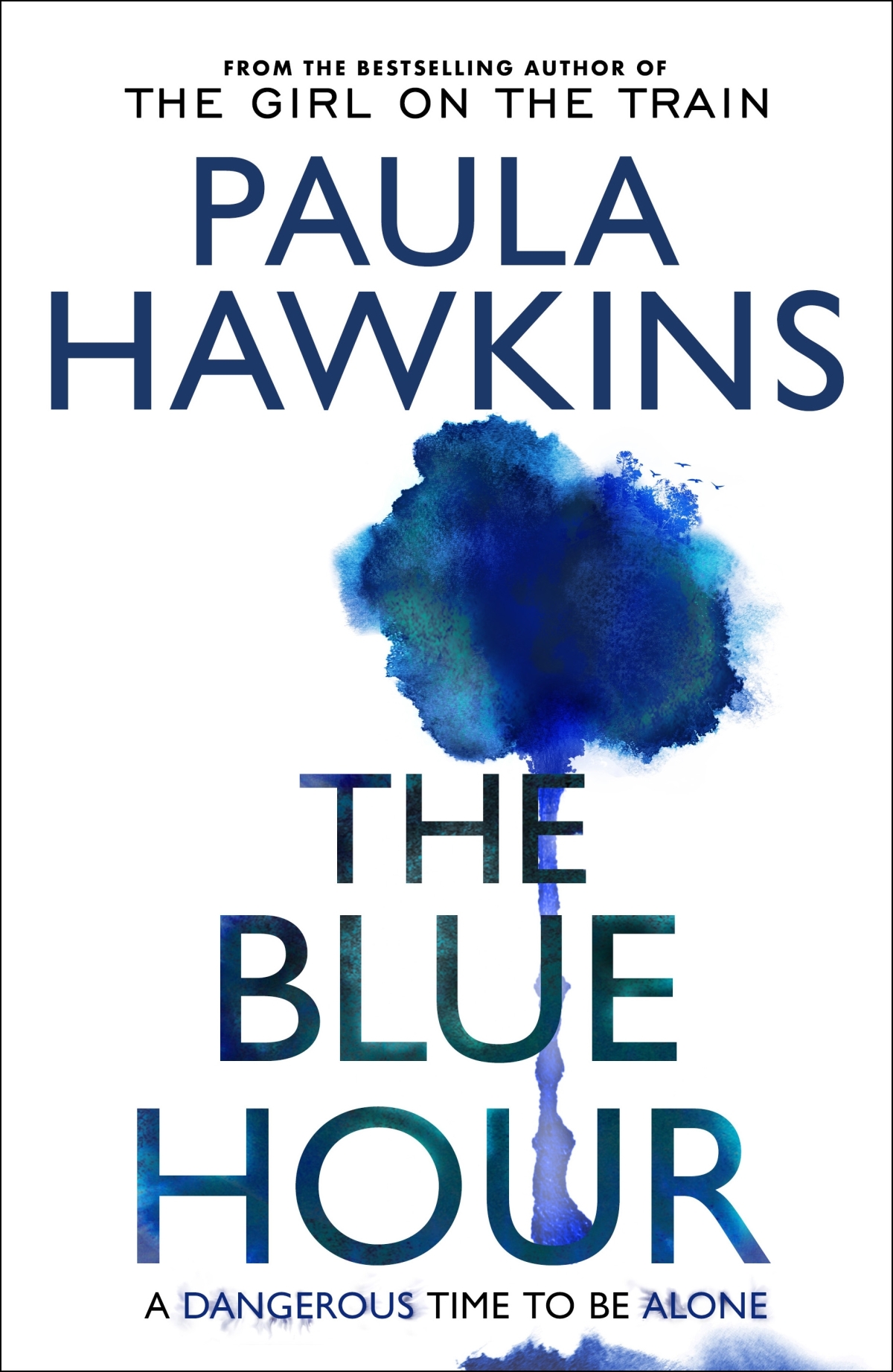
From the global No.1 bestselling author of The Girl on the Train comes
a gripping new thriller. On the isolated island of Eris, reachable only
twelve hours a day, Grace lives in solitude. The island was once home
to Vanessa, a famous artist whose unfaithful husband vanished twenty
years ago. When a startling discovery is made in a London art gallery,
a visitor arrives, and Eris's long-buried secrets begin to surface.
Suspenseful and intense, this novel weaves isolation, mystery, and the
past into a haunting, unforgettable story.
In the chastening chill of a dazzling October morning, James Becker stands on the footbridge, hip hitched against the handrail, rolling a cigarette. Beneath him, the stream runs black and slow, the water close to freezing, oozing like treacle over rusty orange stone. This is the mid-point of his daily commute, which takes a full twelve minutes from the Gamekeeper’s Lodge, where he lives, to Fairburn House, where he works. Fifteen minutes if he stops for a smoke.
Coat collar up, glancing quickly over one shoulder – he might appear furtive to an outsider, though he’s no need to be. He belongs here, astonishing as that may be. Even he can barely credit it. How can he – fatherless bastard of a supermarket checkout girl, state-school boy in a cheap suit – be living and working here, at Fairburn, among the bluebloods? He doesn’t fit. And yet somehow, through hard work and dumb luck and only a minor bit of treachery, here he is.
He lights his cigarette and checks over his shoulder one more time, looking back at the lodge, warm light spilling from the kitchen window, turning the beech hedge golden. No one is watching him – Helena will still be in bed, pillow clamped between her knees – no one will see him breaking the promise he made to quit. He has cut down – to just three a day now – and by the time the water freezes, he thinks, he’ll pack them in altogether.
Leaning back on the rail, he draws hard on his cigarette, looking up at the hills to the north, their peaks already dusted with snow. Somewhere between here and there a siren wails; Becker thinks he glimpses a flash of blue light on the road, an ambulance or a police car. His blood rushes and his head swims with nicotine; in his stomach he feels the faint but undeniable tug of fear. Smoking quickly, as though it might do less damage that way, he flicks the dog-end over the rail and into the water. He crosses the bridge and crunches his way across the frosted lawn towards the house.
“We find ourselves in the position of having inadvertently displayed human remains.”
The landline in his office is ringing when he opens the door.
‘’Lo?’ Becker jams the handset between his shoulder and chin, turns on his computer and pivots, reaching across to flick the switch on the coffee maker on the side table.
There’s a pause, before a clear, clipped voice says, ‘Good morning. Am I speaking with James Becker?’
‘You are.’ Becker types in his password, shrugs off his coat.
‘Right, well.’ Another pause. ‘This is Goodwin, Tate Modern.’
The phone slips from Becker’s shoulder; he catches it and presses it to his ear once more. ‘Sorry, who?’
The man on the other end of the phone exhales audibly. ‘Will Goodwin,’ he says, his cut-glass vowels exaggerated by enunciation.
‘From Tate Modern in London. I’m calling because we have a problem with one of the pieces on loan from Fairburn.’ Becker stands to attention, his fist tightening around the handset. ‘Oh, Christ, you haven’t damaged it, have you?’
‘No, Mr Becker.’ Goodwin’s tone drips restraint. ‘We have taken perfectly good care of all three of Fairburn’s pieces. However, we have had cause to withdraw one of the sculptures, Division II, from the exhibition.’
Becker frowns, sitting down. ‘What do you mean?’
‘According to an email we received from a very distinguished forensic anthropologist who visited our exhibition this weekend, Division II includes a human bone.’
Becker’s burst of laughter is met with bottomless silence. ‘I’m sorry,’ Becker says, still chuckling, ‘but that is just—’
‘Well might you apologize!’ Goodwin sounds murderous. ‘I’m afraid I do not share your amusement. Thanks entirely to your curatorial incompetence, in my very first exhibition as director and the gallery’s very first post-pandemic show, we find ourselves in the position of having inadvertently displayed human remains. Do you have any idea how damaging this could be for us as an institution? It’s this sort of thing that gets people cancelled.’
When finally Becker gets off the phone he stares at the computer screen in front of him, waiting for Goodwin to forward him the email. This complaint – if you can call it that – is obvious nonsense. A joke perhaps? Or possibly a genuine mistake?
Extracted from The Blue Hour by Paula Hawkins, out now.
YOU MAY ALSO ENJOY
Extract: Gabriel’s Moon by William Boyd









